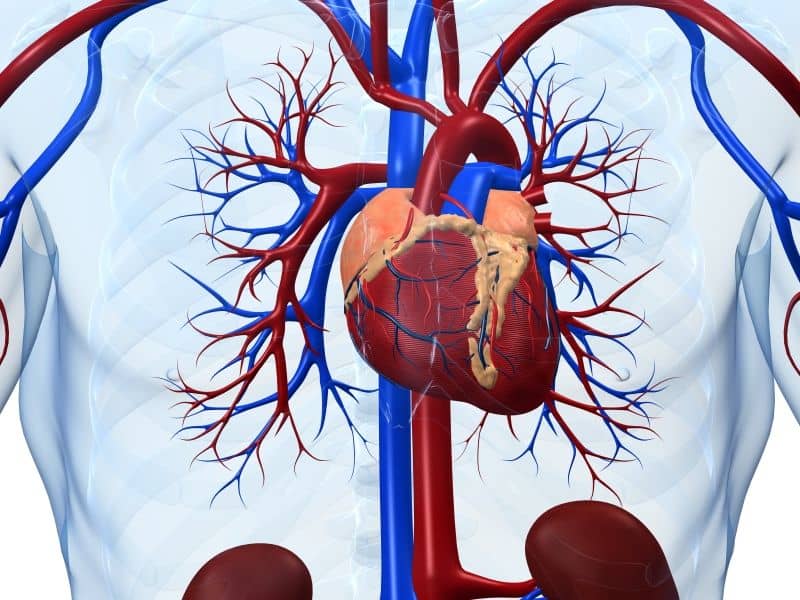Near one-fifth of patients with coronary artery disease (CAD) develop major depressive disorder (MDD), an independent risk factor of mortality in these patients. We investigated the efficacy of oral pentoxifylline in treating MDD in CAD patients undergoing percutaneous coronary intervention (PCI) or coronary artery bypass grafting (CABG) in a 6-week trial.
We only included patients with mild to moderate MDD (having a score between 14 and 17 on the Hamilton depression rating scale (HAM-D)). Sixty-four CAD patients undergoing PCI or CABG aged 40-60 years were randomly assigned to either the pentoxifylline (800 mg daily) or the placebo group. The outcome was assessed with the HAM-D at weeks 2, 4, and 6.
Patients receiving pentoxifylline had greater improvement in HAM-D scores from baseline at each follow-up than patients receiving placebo (p-value = 0.036 at week 2, p-value < 0.001 at week 4, and p-value < 0.001 at week 6). We found a significant effect for treatment, time, and time×treatment interaction in depression improvement (p-value < 0.001). Rate of remission, treatment response, and adverse effects did not differ between the two groups.
Our study supports the safety and efficacy of pentoxifylline in treatment of MDD in CAD patients. However, further investigations are required to confirm the generalizability of our results since the results need to be interpreted cautiously because of the imitated range of disease severity for inclusion. This trial was registered with the Iranian Registry of Clinical Trials (www.irct.ir; No. IRCT20090117001556N132).
Copyright © 2021 Elsevier Inc. All rights reserved.
Pentoxifylline for treatment of major depression after percutaneous coronary intervention or coronary artery bypass grafting: A randomized, double-blind, placebo-controlled trial.


